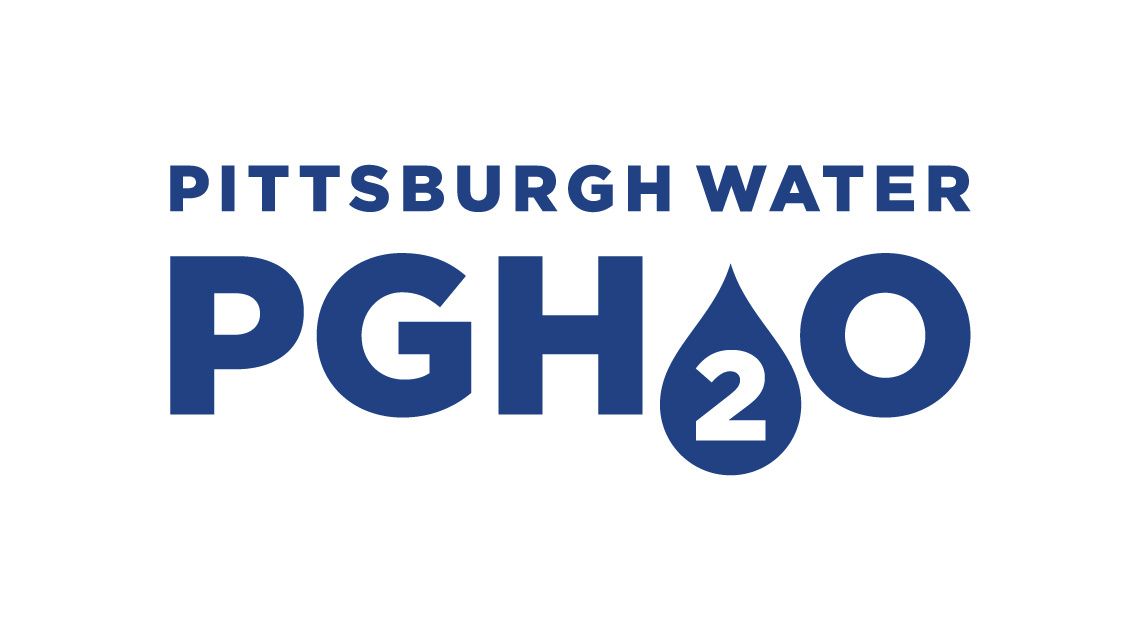Get Issuer Alerts
Add this issuer to your watchlist to get alerts about important updates.
Pittsburgh Water Breaks Ground on Woods Run Stormwater Management
View allOctober 23, 2025
Pittsburgh, PA — Today, Pittsburgh Water begins constructing the Woods Run stormwater improvements in Riverview Park, a project that reinforces the utility’s commitment to sustainability and neighborhood resiliency. This continued investment in green infrastructure represents more than just a flood prevention effort; it will also protect local waterways, public health, and the environment, while incorporating features that enhance the natural beauty of the park.
Located in the northern section of Riverview Park, this project builds on years of coordinated planning and community engagement. It will incorporate green stormwater infrastructure to capture runoff, stabilize stream channels, and more slowly release stormwater back into the combined sewer system, reducing erosion, park flooding, and combined sewer overflows to the Ohio River. Restoration of the streams within Riverview Park and installation of a rain garden near the Mairdale Avenue entrance will enhance the aesthetics of the park while providing effective stormwater management to reduce neighborhood flooding. Following a strategic removal of trees to complete the construction, around 3,000 new tree plantings will further increase rainwater capture and support reforestation efforts. Several trails will also be improved and restored.
“This project represents the best of what green infrastructure can achieve,” said Pittsburgh Water CEO Will Pickering, "That is, protecting our waterways, improving water quality, and enhancing the natural beauty that makes Riverview Park so special. We’re excited about the lasting improvements this project will provide that benefit both residents and the environment.”
Construction begins this October and will continue through 2026, with periodic trail and parking lot closures and temporary traffic control measures, including flaggers. The construction, estimated to cost $4,239,585 with support from the ALCOSAN GROW Grant Program and the Pennsylvania Department of Community and Economic Development (DCED), will culminate in a revitalized, stormwater-friendly Riverview Park that residents and visitors can enjoy for generations to come. The DCED funding plays an important role, reimbursing aesthetic park enhancements that Pittsburgh Water cannot typically fund with ratepayer dollars. These enhancements include improvements to the design of the park entrance, landscaping other than raingardens, the addition of benches and trash receptacles, trail enhancement, and other community-driven improvements.
“Friends of Riverview Park is thrilled to see construction begin on this dynamic stormwater project,” said Mark Masterson, Chairperson of Friends of Riverview Park. “This infrastructure investment will improve neighborhood resiliency and the community experience while protecting the park’s natural environment. It reflects what’s possible through our partnership between Pittsburgh Water and the community to preserve and enhance one of our city’s most treasured green spaces.”
Infrastructure and Park Enhancements Include:
- Stormwater infrastructure improvements
- Stream restoration and stabilization
- Rain garden installation
- Wall construction
- Trail restoration and upgrades
- Trailhead parking lot improvements
- Reforestation and landscape enhancements
- Concrete curb and sidewalk replacement
How Do these Green Infrastructure Components Help?
Rain Gardens and Stormwater Systems in Action
When rain falls on impervious surfaces like roads, parking lots, and rooftops, it picks up contaminants such as oil, heavy metals, nutrients, and pathogens. Green infrastructure like rain gardens, bioswales, and active stormwater retention captures and filters this runoff, preventing pollutants from reaching waterways. This infrastructure also mimics natural processes that increase infiltration. By allowing water to soak into the ground, groundwater is recharged and water levels maintain their baseline.
Stabilizing Streams to Prevent Erosion and Sediment Pollution
Uncontrolled stormwater can move very quickly, scouring streambanks and leading to sediments being flushed into waterways. Green infrastructure slows down water flow and stabilizes channels, reducing erosion and protecting aquatic habitats.
Slow Sewer Release Reduces Overflows and Pollution
Harmful sewer overflows occur when the combined sewer system, which conveys both wastewater and stormwater, becomes overwhelmed by a rapid influx of stormwater. This can cause combined sewage and runoff to overflow and enter waterways like the Ohio River. These combined sewer overflows (CSOs) occur during wet weather, negatively impacting the overall health of local waterways. By controlling the rate and volume of runoff, green infrastructure, such as the components planned for Riverview Park, can improve water quality and the environment by lessening the burden on the sewer system, preventing excessive overflows to waterways.

